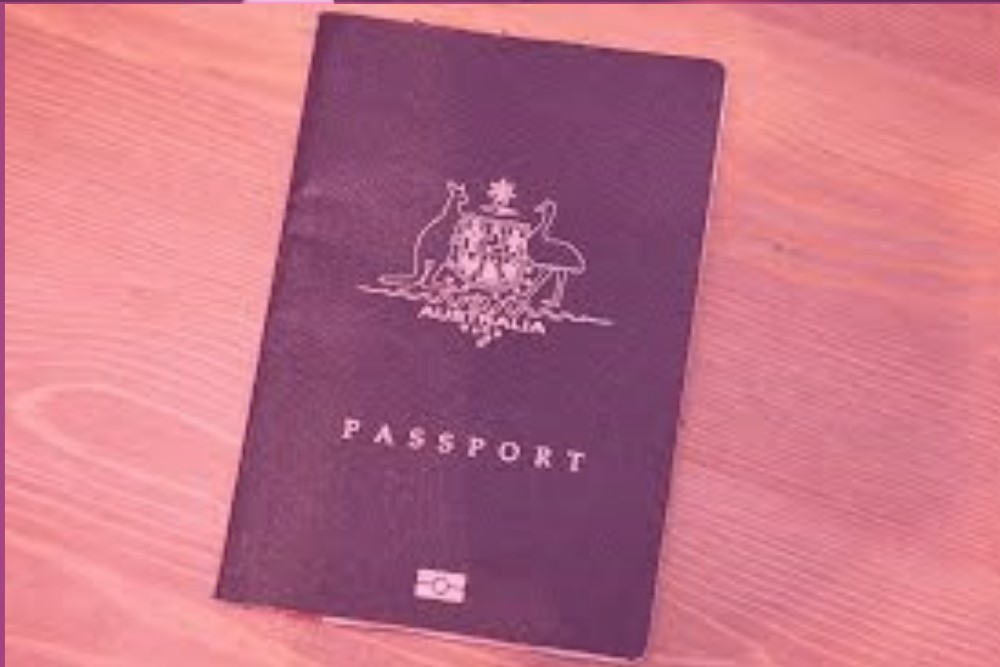All applicants for Australian visas must pass the character test prior to the visa being granted. The character test exists to ensure that all entrants to Australia are of good character and do not pose a danger to the community. The test is set out in section 501 of the Migration Act 1958. This page outlines the character test and what happens when a visa is cancelled on character grounds.
How does the character test work?
All applicants for Australian visas must pass the character test. This includes applicants for temporary and permanent visas and applicants for all classes of visas including protection visas. However, if a person does not pass the character test, they will not automatically have their visa cancelled or refused. The cancellation or refusal of a visa on character grounds is discretionary.
People who are already in Australia on a temporary or permanent visa may also have their visa cancelled on character grounds. This may occur when a person is found guilty of a serious offence while in Australia, or when some other circumstance arises that means that they no longer pass the character test.
What is the character test?
The Minister may refuse to grant a visa if the applicant does not pass the character test. A person will not pass the character test if:
- They have a substantial criminal record;
- They have been a member of a group or organisation, or have associated with a person, group or organisation that is reasonably suspected of being involved in criminal conduct;
- They have been or are reasonably suspected by the Minister of being involved in people trafficking, a crime against humanity, mass extermination, a war crime, a crime involving slavery or torture, or a crime that is of significant international interest;
- There is a risk that while in Australia they would be involved in criminal conduct or pose a danger to the Australian community or part of it;
- They have been convicted or found guilty of a sexual offence involving a child;
- They have been convicted of an offence while in immigration detention, during an escape from immigration detention, or after an escape but before they were taken into immigration detention again; or
- They have been subject to a negative security assessment by the Australian Security Intelligence Organisation (ASIO); or
- They have been subject to an Interpol notice where they were suspected of being a direct or indirect danger to the Australian society, or part of it.
What is a substantial criminal record?
A criminal record may be considered ‘substantial’ because of the length of the sentence that was imposed by a court. For the purposes of the character test, it is irrelevant how long the person actually spent in prison.
A person is considered to have a substantial criminal record if they have been:
- sentenced to death;
- sentenced to imprisonment for life;
- sentenced to imprisonment for 12 months or more;
- sentenced to two or more terms of imprisonment totalling to 12 months or more (even if served together; or
- found unfit to plead to an offence that resulted in detention in an institution or facility.
Cancellation of visas on character grounds
If a person is removed or deported from Australia after their visa is cancelled on character grounds, they will be permanently prohibited from applying for or being granted a visa to enter Australia.
If a non-citizen believes that they should be allowed to continue to reside in Australia, they may apply to have their visa cancellation on character grounds revoked by the Department of Home Affairs. This application must be made within 28 days of the date of the cancellation notice.
The non-citizen must provide the Department of Home Affairs with documentary evidence supporting their reasons for asking for the revocation of the visa cancellation. Examples of reasons that may be put forward are:
- that the person has close family ties in Australia;
- that the conviction was for a non-violent offence; or
- that they do not pose an unacceptable risk to the Australian community.
If a request to revoke a visa cancellation is refused, the visa holder may still be able to have the decision reviewed by the Administrative Appeals Tribunal. This can occur if the decision was made by a delegate of the Minister, but not if it was made by the Minister personally. However, there is no right to appeal if the person has been found guilty of a sexual offence involving a child or if they are currently serving a sentence of imprisonment for 12 months or more.
If you require legal advice or representation in any legal matter, please contact Taylor Rose.




